Vaccinations against Streptococcus pneumoniae are called pneumococcal vaccines. They can help prevent pneumonia (an infection of lungs that causes the air sacs in your lungs to become inflamed and get clogged with pus or fluid), sepsis (severe response of body to a bacterial infection), and meningitis (inflammation of the brain and spinal cord’s protective membranes)in some cases. They are administered by injection into a muscle or just beneath the skin. Chemicals derived from Streptococcus pneumonia bacteria are used in this pneumococcal vaccination. Our bodies perceive these compounds as foreign after receiving pneumococcal vaccine and develop antibodies to kill them.
How To Use
- In adults, the pneumococcal vaccination is administered as a single dose.
- The vaccination is administered as a 0.5 mL liquid solution into the muscle (intramuscular injection), usually the deltoid (shoulder) muscle, or beneath the skin (subcutaneous or SC).
- Before the injection, the region to be injected is usually cleaned by applying alcohol on the skin.
- In children, the conjugated Prevnar 13 vaccination is administered in a four injections series.
Expert Advice
This vaccine has the potential to trigger anaphylaxis, a life-threatening allergic reaction that necessitates prompt medical intervention. If your child or you develop a rash, irritation, itching, swelling of the throat or tongue, or breathing difficulty after receiving the pneumococcal vaccine, consult your doctor immediately. Pneumococcal vaccines should be kept in the refrigerator between 2°C and 8°C. Do not put the vaccination in the freezer or expose it to freezing cold temperatures. Keep the vaccine out of children’s and pets’ reach.

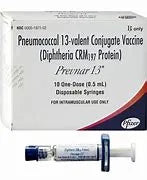



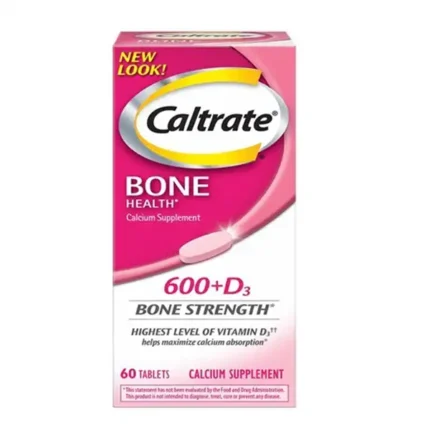
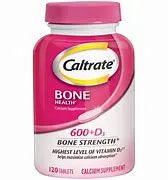
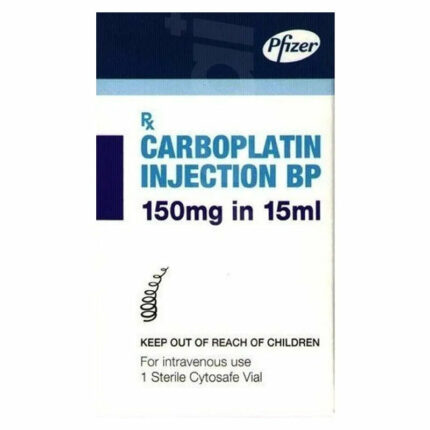
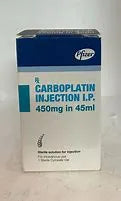
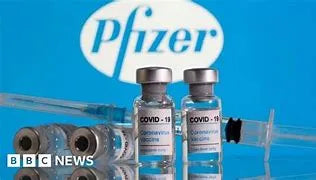
Reviews
There are no reviews yet.